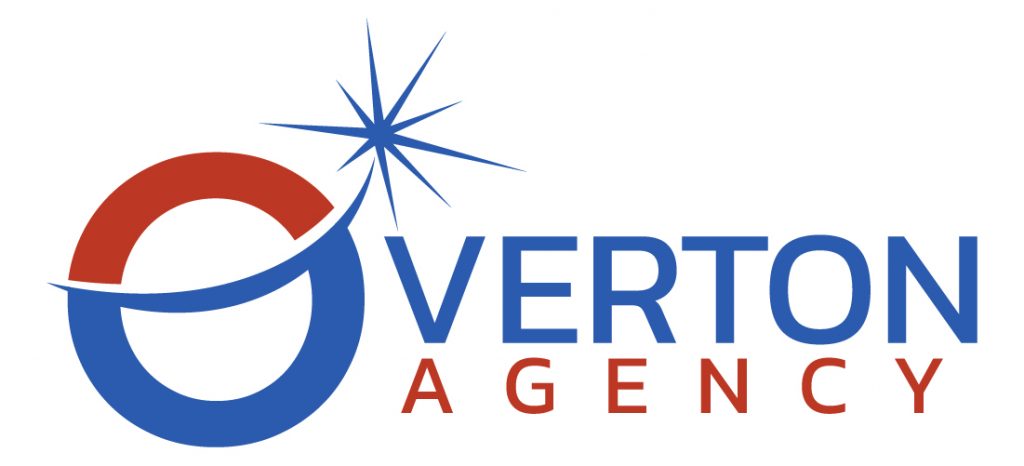Understanding the HMO Plan
When it comes to Medicare, the term HMO plan stands for Health Maintenance Organization. This is a type of Medicare Advantage Plan, also known as Medicare Part C, which provides an alternative to Original Medicare. HMO plans are popular because they often come with lower monthly premiums and predictable out-of-pocket costs. However, they require you to choose a primary care provider (PCP) and get a referral to see a specialist.
What is a PPO?
A PPO plan, or Preferred Provider Organization, is another type of Medicare Advantage Plan. Unlike an HMO, a PPO offers more flexibility in choosing healthcare providers. While you can see specialists without referrals, PPO plans typically have higher monthly premiums and deductibles. It’s important to weigh these differences when considering which plan type suits your needs best.
The Medicare Advantage HMO Plan
The Medicare Advantage HMO plan combines Part A and Part B coverage with additional benefits, such as prescription drug coverage. These plans are ideal if you prefer a coordinated care approach, as you will work closely with your chosen PCP and receive care within the plan’s network. This integration helps keep costs down for both the plan and the enrollee.
Original Medicare vs. Medicare HMO
Original Medicare includes Part A and Part B and allows you to see any doctor or specialist that accepts Medicare. However, it doesn’t cover everything, such as most prescription drugs, which is where a Medicare HMO plan can offer additional coverage. By enrolling in a Medicare HMO, you can get extra benefits that Original Medicare does not provide.
Exploring PPO Plans
PPO plans are a good choice if you want more provider flexibility. While they offer more freedom, it’s important to remember that seeing out-of-network providers can lead to higher out-of-pocket expenses. These plans provide coverage similar to HMOs but with fewer restrictions on provider choice.
HMO-POS Plan: A Point-of-Service Option
The HMO-POS plan, or Point-of-Service plan, is a hybrid that offers some flexibility of a PPO while maintaining the cost benefits of an HMO. With an HMO-POS plan, you have the option to receive care outside of the network for certain services, though it may come with higher costs.
Plan Types in Medicare Advantage
There are various types of Medicare Advantage Plans to consider:
- HMO Plans
- PPO Plans
- HMO-POS Plans
The plan you choose should depend on your healthcare needs, budget, and whether you prefer more flexibility or lower costs.
What Medicare Advantage HMO Plans Cover
Medicare Advantage HMO plans cover all the benefits of Original Medicare, and often more. This includes hospital and medical coverage, as well as extras like dental, vision, and hearing services. Many plans also offer additional benefits such as wellness programs and gym memberships.
How to Enroll in an HMO Plan
To enroll in an HMO plan, you must first be enrolled in Original Medicare. You can then choose a Medicare Advantage Plan during the annual enrollment period. It’s crucial to compare different plan options and choose the one that best fits your needs in terms of coverage and costs.
Main Differences Between Plan Types
The main difference between HMO and PPO plans lies in their network restrictions and cost structures. While HMO plans generally require you to stay within a network and have lower costs, PPO plans offer more provider choice at a potentially higher cost. Your choice will depend on your priorities regarding provider flexibility and budget.
We’re Here to Help
If you’re considering an HMO plan or any other Medicare Plan type, the Overton Agency in Conway, Arkansas, is here to help. We specialize in helping you understand your options and choose the best plan for your healthcare needs. Our team is ready to assist you with any questions you may have and guide you through the enrollment process.
Contact us today at 501-881-2050 to learn more about your Medicare options and how we can help you find the right coverage.
